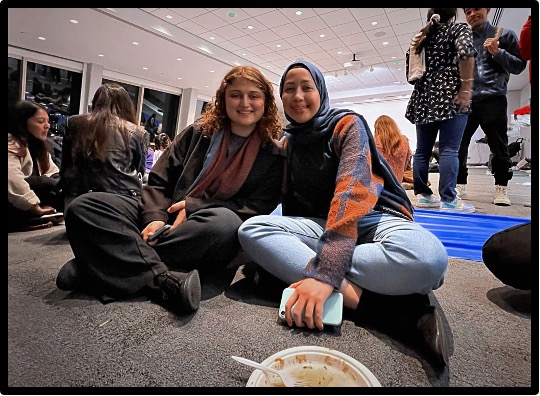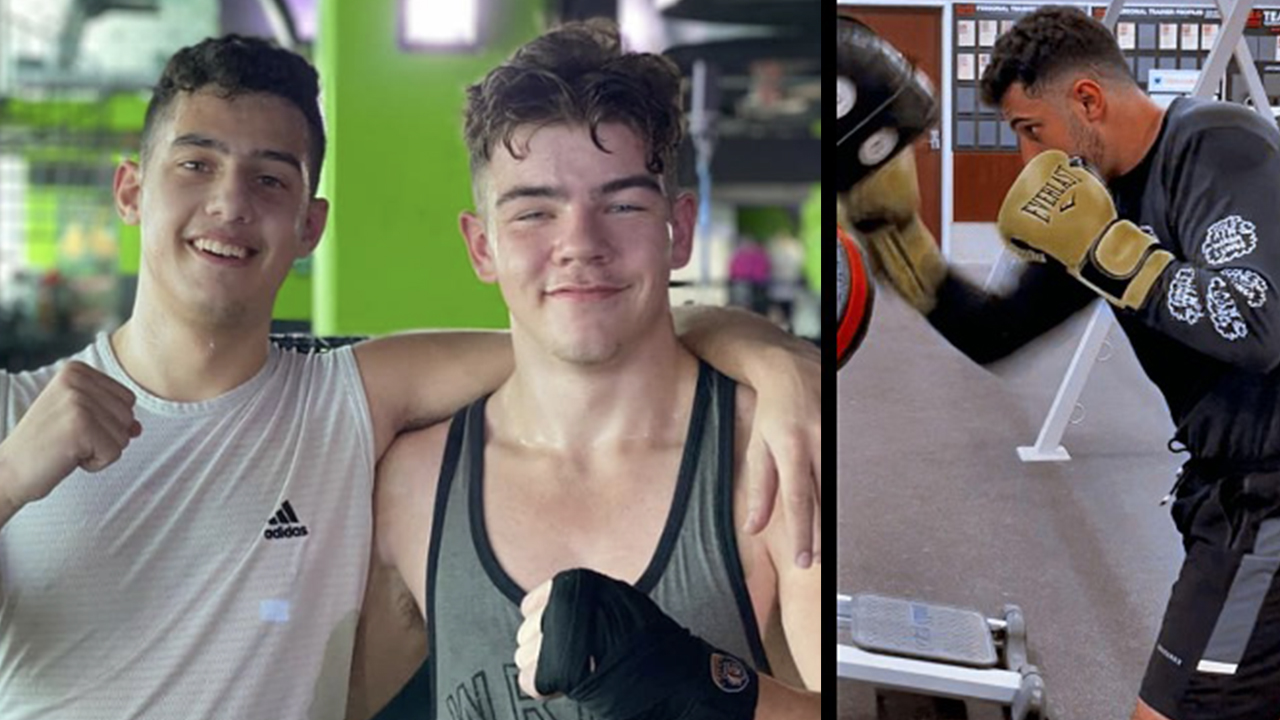
During the holy month of Ramadan, third-year student-athlete Rayhan Kandri wakes up everyday at 4:30 a.m. to have her suhoor, the meal consumed early morning before fasting begins. Regardless of whether she is in the mood or not, the Moroccan-born and Emirati-raised film student from New York University consumes over half a liter of water, a banana, two eggs, a cup of fruit yogurt, and either two bagels with cream cheese or two sandwiches, before she begins her fast.
“I have to consume more in the morning or else I won’t be able to get through the day,” Kandri, a runner for the Dubai 5:30 Run Club, said. “Of course, some days are tougher than others, but we believe God will pull us through anything.”
With this belief, Kandri and other believers push through the day. She finds that it is easier with a busy day as it fights procrastination and hunger.
“Even after 12 hours, I feel great,” Kandri said. “It’s because you are just so focused on the task at hand and not on your belly.”
However, training presents a different level of challenge for her.

“I am used to running throughout the day, but I honestly can’t do it during Ramadan,” Kandri explained. “It’s not just the lack of water, but the fact that you are running on an empty stomach and I’ll just have no energy afterwards.”
Regarding her training, Kandri adjusts by running her hour and a half at around 10 p.m., allowing her to eat and hydrate while working out.
According to the World Population Review, every year over two billion Muslims around the world join in a month-long tradition in the fasting of food, liquid and medicine when the sun is up. It allows believers to exercise self-restraint and consider those who are less fortunate. Depending on the lunar calendar, this forces student athletes, like Kandri, to make adjustments on their routine and diet.
“It is a tradition that everyone, no matter how committed you are to Islam, just does,” Kandri explained. “People think that we are suffering, but Muslims actually look forward to it. It provides us with a structure, a moment to reflect on the year and more time with friends and family.”
Kandri’s adjustment is one way athletes get their training in, but not for Hussein Kashif, a 21-year-old junior in business and communications at the University of Waterloo, Canada. Born in Iraq and raised in Dubai in a fiercely traditional Muslim household, Kashif is a boxing coach and athlete for the local Sydit boxing gym who has flipped his sleep schedule upside down to accommodate for Ramadan.

“I wake up everyday at around 5 p.m., sleep a few hours after the fast begins and work and train throughout the night,” Kashif said. “It is so much easier for me as I can take private lessons in the morning and at night when everyone is free and do homework and train throughout the night.”
Unfortunately, this routine can only be done this year because April is his Canadian university’s study month. But regardless of the year, Kashif would always try his hardest to practice and live by the same principle of minimizing his fasting window.
Although it may appear as if Kashif doesn’t enjoy fasting, he actually endorses the notion of a month-long fast every year.
“Of course, the first few days are tough, but you just get used to it. After day 14, 15 of Ramadan, your body just gets used to being less hungry, and on day 20, you feel super healthy,” Kashif explained. “Fasting for a month has crazy health benefits and I often feel so much stronger, fresher and faster when I’m at the gym during the latter stages of the month.”
The way Kashif feels is backed by science.

A study by three scientists at the Singapore Institute of Food and Biotechnology Innovations showed that Ramadan fasting was associated with lower average levels of body fat. The research paper also showed that lipid levels decreased significantly among physically active people after Ramadan, reducing total cholesterol levels (LDL, low-density lipoprotein, and HDL, high-density lipoprotein).
Despite these tough restrictions, Kandri and Kashif never fail to mention how positive such a process is and wear their involvement as a badge of honor.
“Players like Mohammad Salah or Karim Benzema… fast in the middle of some of the most important games in the world,” Kashif explained in reference to devout, world-class Muslim soccer players. “With all the pressure from the fans, just to maintain their relationship with God is inspirational.”
“It’s not just about eating or drinking,” Kashif said. “It is about being more spiritual, improving yourself in some way and just falling in love with the religion more and more everyday in that month.”








